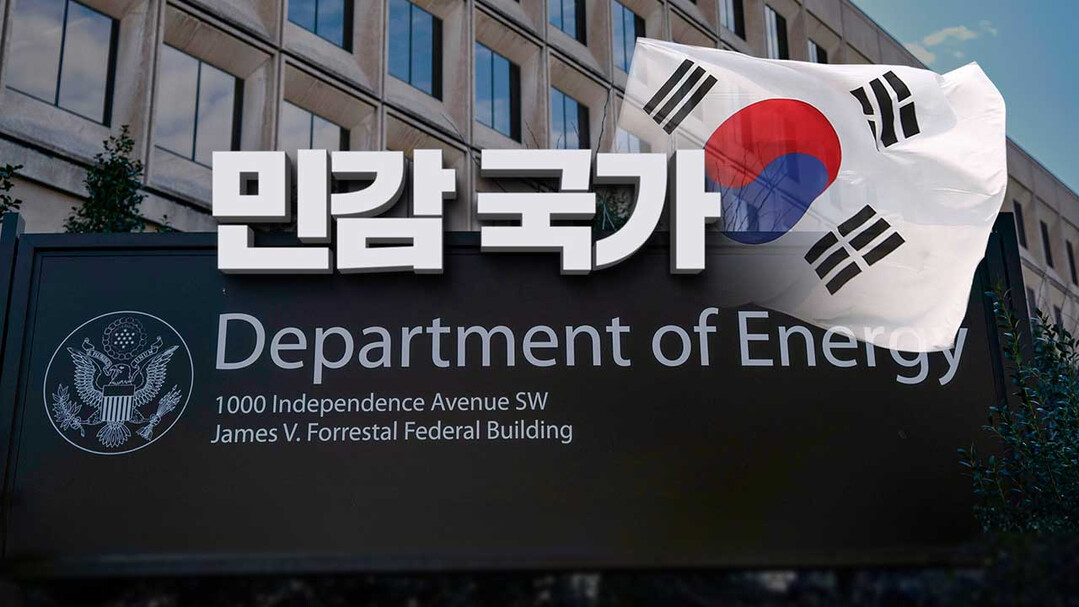
Seoul, South Korea – The South Korean government is scrambling to reverse its designation as a "sensitive country" by the U.S. Department of Energy (DOE), following widespread criticism for its slow initial response. With the designation set to take effect on April 15, the government is launching a diplomatic blitz, dispatching key officials to Washington D.C.
The diplomatic push begins with a visit by Minister Ahn Duk-geun of the Ministry of Trade, Industry and Energy, followed by a series of high-level meetings aimed at persuading the U.S. to rescind the designation. However, experts warn that South Korea may be compelled to offer significant concessions to achieve this goal.
Rami Kim, a professor at the Daniel K. Inouye Asia-Pacific Center for Security Studies (DKI APCSS), suggests that while a reversal is possible, it would likely come at a cost. "It is possible that the Trump administration could reverse the decision made by the previous Biden administration. However, this reversal will likely come at a cost, and South Korea may have to make more significant concessions," Kim stated.
Kim pointed to "broad security vulnerabilities related to research" as a potential reason for the designation, along with concerns over South Korea's nuclear armament discussions and political stability. He highlighted the ongoing debates within South Korea regarding nuclear weapons development, and concerns surrounding political actions.
The DOE's decision is expected to impede South Korea's ambitions to bolster its nuclear capabilities through revisions to the U.S.-Korea Atomic Energy Agreement. The agreement currently restricts South Korea's ability to enrich uranium and reprocess spent nuclear fuel.
"This designation will significantly hinder South Korea's process of obtaining U.S. approval for developing enrichment and reprocessing capabilities," Kim warned. He also cautioned that attempts to circumvent the agreement by acquiring materials from other countries could severely strain U.S.-Korea relations.
While the South Korean government downplays the potential impact, citing assurances from the DOE that current collaborations will not be affected, experts warn of future complications. The designation could lead to stricter scrutiny of research and exchange programs and hinder new collaborative initiatives. Concerns also exist regarding potential disruptions to private sector technology partnerships.
Kim also addressed the nuclear armament discussions happening in South Korea. He stated that "Non-proliferation norms are deeply rooted in the U.S. mainstream security circles and the international community." Therefore getting approval from the United states and the international community would be very difficult. He also stated "South Korea's nuclear armament would virtually deliver a death sentence to the global non-proliferation regime, making it even more difficult to stop potential (nuclear armament) countries such as Iran and Saudi Arabia."
[Copyright (c) Global Economic Times. All Rights Reserved.]






























